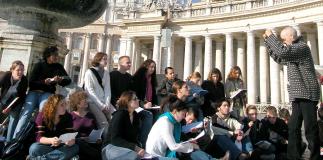Search
-
About us
-
Academics
-
Undergraduate Programs
- Archaeology & Classics
- Art History
- Business Administration
- Communication & Digital Media
- English Writing, Literature and Publishing
- Film
- Fine Arts
- Interdisciplinary Studies
- International Relations and Global Politics
- Travel and Tourism Management
- Associate of Applied Arts in International Business
- Associate of Arts in Liberal Studies
- Undergraduate Minors
- Undergraduate Prospectus
- Guida ai programmi per gli studenti universitari
-
Graduate programs
-
Study Abroad & Visiting programs
- Study Abroad In Rome, Italy
- Summer sessions in Rome. Summer I.
- AUR Summer Sessions. Summer II.
- AUR's Study Abroad Partnerships
- -------
-
Intensive Summer Professional Development Programs
- Health & Risk Communication in Pandemics and Beyond
- ITL 502 Multi-Disciplinary Perspectives in Italian Language Teaching
- Looting and Illicit Trafficking of Antiquities in the Middle East and North Africa
- Protecting Cultural Heritage: Risks, Threats, Responses.
- Workshop: Artificial Intelligence for Language Education.
- Academic Services
-
Undergraduate Programs
- Admissions
- Careers & Internships
-
Student Life

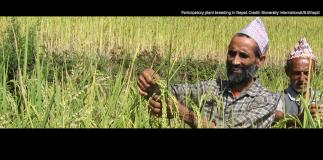
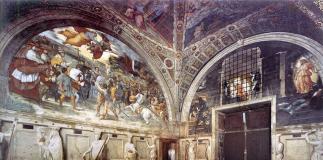

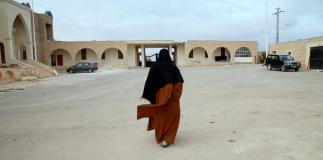


 DIRECTOR: Margherita Ferri
DIRECTOR: Margherita Ferri
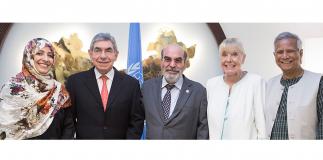

 Corylie Suarez's international background in Marketing, Public Relations, and Social Media, is a result of having lived, studied and worked across the globe including U.S., Europe
Corylie Suarez's international background in Marketing, Public Relations, and Social Media, is a result of having lived, studied and worked across the globe including U.S., Europe